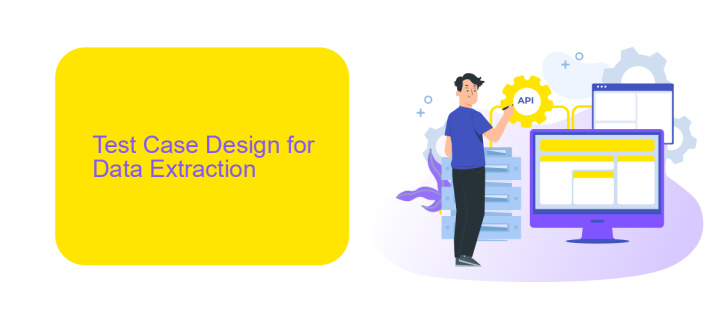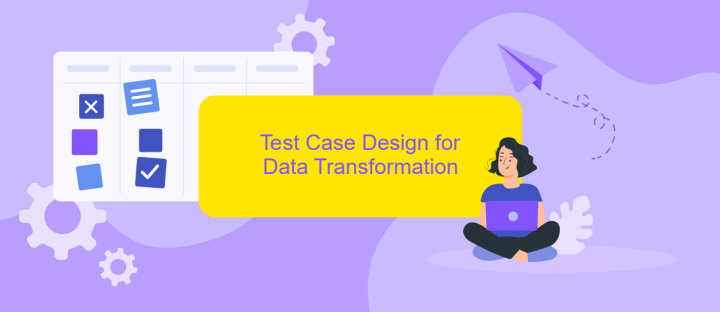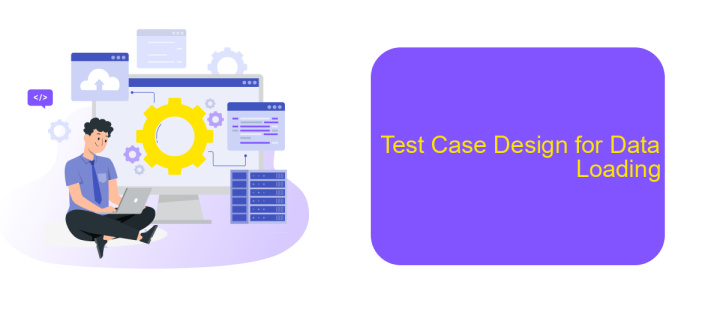How to Prepare Test Cases for ETL/Data Warehousing Testing
Creating effective test cases for ETL (Extract, Transform, Load) and data warehousing testing is crucial for ensuring data integrity, accuracy, and performance. This process involves validating data extraction from source systems, transformation logic, and loading into the target data warehouse. In this article, we will guide you through the essential steps to prepare comprehensive test cases for ETL and data warehousing projects.
Understanding the Data ETL Process
The ETL (Extract, Transform, Load) process is fundamental for data warehousing and involves three key steps. First, data is extracted from various sources, which can include databases, APIs, and flat files. This raw data is often in different formats and structures, requiring careful handling during the extraction phase.
- Extract: Gather data from multiple sources.
- Transform: Cleanse, format, and enrich the data.
- Load: Store the transformed data into a target data warehouse.
Understanding the intricacies of each step is crucial for effective ETL testing. Tools like ApiX-Drive can simplify the integration process, allowing seamless data extraction from various APIs. By automating data workflows, these tools help ensure data consistency and accuracy, ultimately making the ETL process more efficient and reliable.
Test Case Design for Data Extraction

Designing test cases for data extraction in ETL testing involves validating the accuracy and completeness of data retrieved from source systems. Begin by identifying all data sources and understanding their structure. Create a mapping document that outlines the relationships between source data and the target data warehouse. Define the extraction criteria, including filters and conditions, to ensure only relevant data is extracted. It's crucial to include test cases that verify the data types, formats, and lengths to match the source specifications. Additionally, ensure that the data extraction process handles exceptions and errors gracefully.
Utilizing integration services like ApiX-Drive can streamline the data extraction process by automating the connection between various data sources and the ETL tool. ApiX-Drive offers a user-friendly interface to set up and manage these integrations, reducing the risk of manual errors. Test cases should also cover the performance and scalability of the extraction process, ensuring it can handle large volumes of data efficiently. Finally, validate that the extracted data is correctly loaded into staging areas for further transformation and loading into the data warehouse.
Test Case Design for Data Transformation

Designing test cases for data transformation in ETL/Data Warehousing projects requires a comprehensive approach to ensure data accuracy, consistency, and integrity. The primary goal is to validate that the data transformation logic correctly converts source data into the desired target format. To achieve this, the following steps should be taken:
- Understand the transformation rules: Clearly document the business rules and transformation logic that need to be applied to the source data.
- Identify test scenarios: Create test scenarios that cover all possible data transformation cases, including edge cases and potential data anomalies.
- Prepare test data: Generate representative test data that includes both typical and atypical data sets to thoroughly test the transformation logic.
- Define expected results: Establish the expected outcomes for each test scenario to facilitate accurate validation of the transformation process.
- Execute test cases: Run the test cases and compare the actual results with the expected results to identify any discrepancies.
Utilizing tools like ApiX-Drive can streamline the integration and data transformation processes by automating data flows between various systems. This ensures that data is consistently transformed and loaded accurately, enhancing the reliability of your ETL testing efforts.
Test Case Design for Data Loading

Designing test cases for data loading in ETL/Data Warehousing involves ensuring that data is accurately extracted, transformed, and loaded into the target system. The first step is to understand the data sources and the transformation rules that need to be applied. This includes identifying the data fields, data types, and any constraints or business rules that must be adhered to during the loading process.
Next, it's essential to define the expected outcomes for each test case. This involves specifying the criteria for successful data loading, such as the correct number of records loaded, data integrity, and adherence to transformation rules. Additionally, consider edge cases and scenarios where data might be missing or corrupted, and plan test cases to handle these situations.
- Verify data mapping and transformation rules
- Check data integrity and consistency
- Validate record counts and error handling
- Test performance and loading times
- Ensure compliance with business rules and constraints
Using integration services like ApiX-Drive can streamline the process of setting up and managing data loading tasks. ApiX-Drive offers automated workflows that can help ensure data is accurately transferred and transformed between systems, reducing the risk of errors and improving efficiency. By leveraging such tools, you can enhance the reliability and effectiveness of your ETL testing processes.
Data Quality Validation
Data quality validation is a crucial step in ETL/Data Warehousing testing to ensure the accuracy, completeness, and reliability of the data being processed. This involves verifying that the data extracted from source systems matches the data loaded into the target data warehouse. Key aspects to check include data type consistency, data integrity, and adherence to business rules. Automated tools and scripts can be employed to compare data sets and highlight discrepancies, thus streamlining the validation process.
One effective way to facilitate data quality validation is by leveraging integration services like ApiX-Drive. ApiX-Drive enables seamless data transfer between various systems, ensuring that data remains consistent and up-to-date across platforms. By setting up automated workflows, ApiX-Drive helps in maintaining data integrity and reduces the manual effort required for validation. This not only enhances the efficiency of the ETL process but also ensures that high-quality data is delivered for business intelligence and analytics purposes.
FAQ
How do I start writing test cases for ETL/Data Warehousing Testing?
What are the key components to include in an ETL test case?
How can I ensure data quality during ETL testing?
What are common challenges in ETL testing and how can they be addressed?
How often should ETL test cases be updated?
Apix-Drive is a universal tool that will quickly streamline any workflow, freeing you from routine and possible financial losses. Try ApiX-Drive in action and see how useful it is for you personally. In the meantime, when you are setting up connections between systems, think about where you are investing your free time, because now you will have much more of it.

